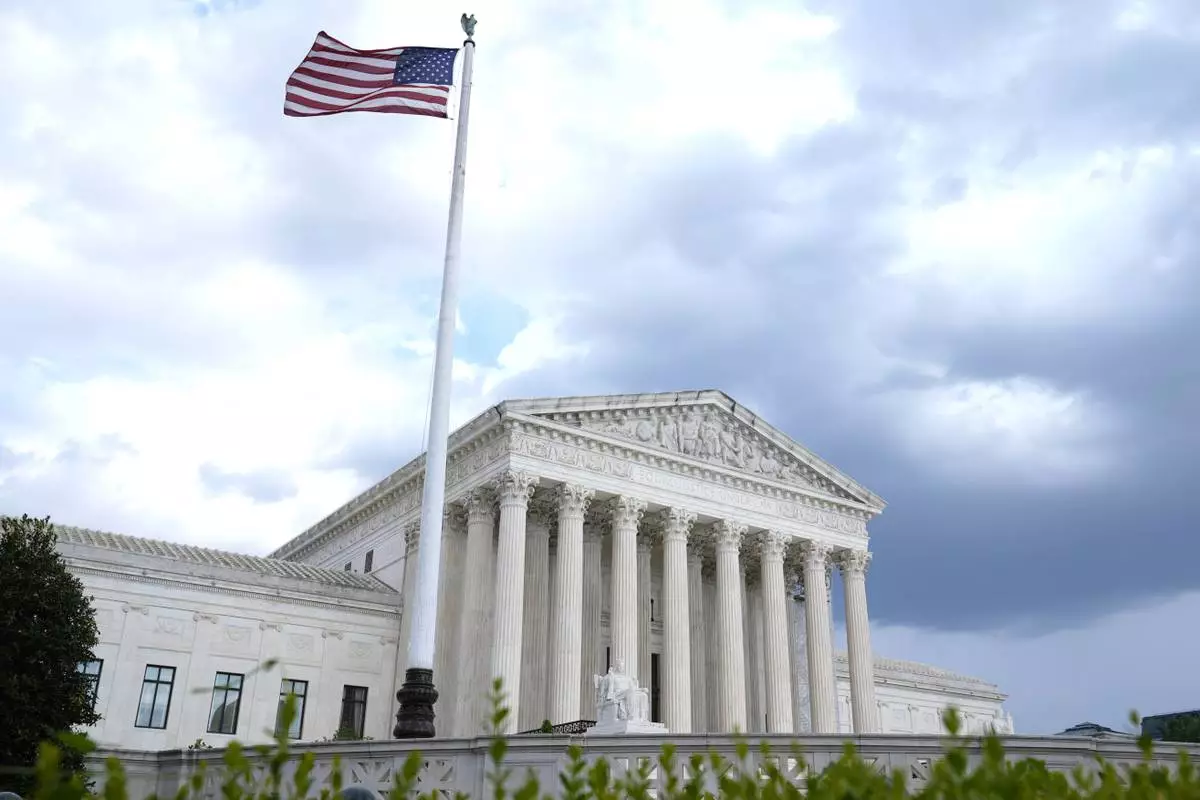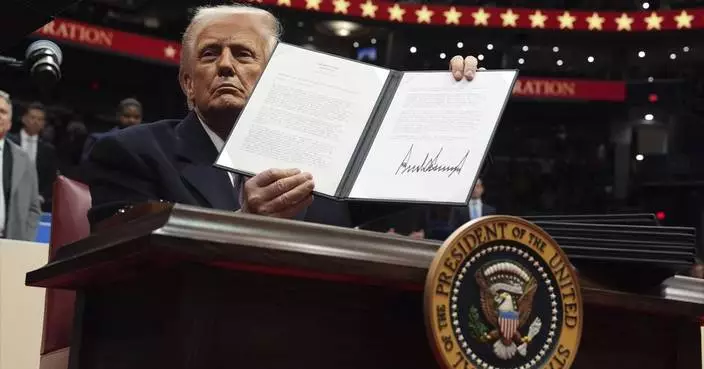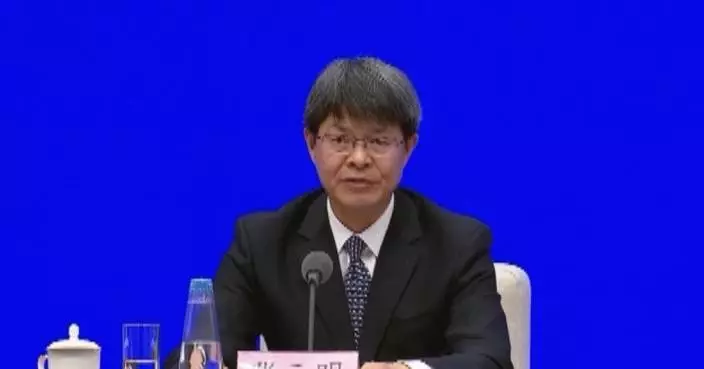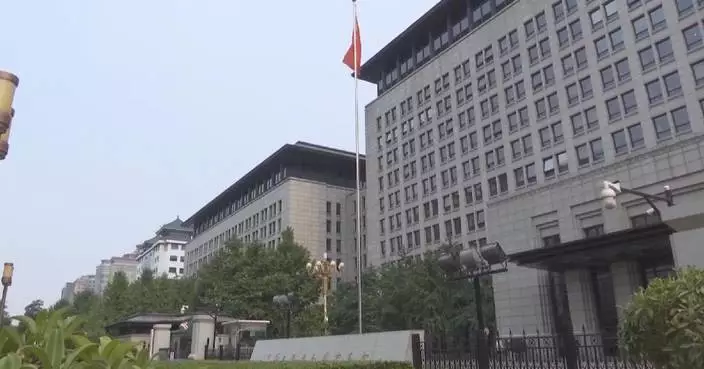WASHINGTON (AP) — Senate Majority Leader Chuck Schumer will introduce legislation Thursday reaffirming that presidents do not have immunity for criminal actions, an attempt to reverse the Supreme Court’s landmark decision last month.
Schumer’s No Kings Act would attempt to invalidate the decision by declaring that presidents are not immune from criminal law and clarifying that Congress, not the Supreme Court, determines to whom federal criminal law is applied.
The court’s conservative majority decided July 1 that presidents have broad immunity from criminal prosecution for actions taken within their official duties — a decision that threw into doubt the Justice Department’s case against Republican former President Donald Trump for his efforts to overturn his 2020 election loss.
Schumer, of New York, said that Congress has an obligation and the constitutional authority to check the Supreme Court on its decision.
”Given the dangerous and consequential implications of the court’s ruling, legislation would be the fastest and most efficient method to correcting the grave precedent the Trump ruling presented,” he said.
The Senate bill, which has more than two dozen Democratic cosponsors, comes after Democratic President Joe Biden called on lawmakers earlier this week to ratify a constitutional amendment limiting presidential immunity, along with establishing term limits and an enforceable ethics code for the court’s nine justices. Rep. Joseph Morelle, D-N.Y., recently proposed a constitutional amendment in the House.
The Supreme Court’s immunity decision stunned Washington and drew a sharp dissent from the court’s liberal justices warning of the perils to democracy, particularly as Trump seeks a return to the White House.
Trump celebrated the decision as a “BIG WIN” on his social media platform, and Republicans in Congress rallied around him. Without GOP support, Schumer’s bill has little chance of passing in the narrowly divided chamber.
Speaking about Biden's proposal, Senate Republican Leader Mitch McConnell said that Biden’s proposal would “shred the Constitution.”
A constitutional amendment would be even more difficult to pass. Such a resolution takes a two-thirds vote in both the House and the Senate, which is highly unlikely at this time of divided government, and ratification by three-fourths of the states. That process could take several years.
Still, Democrats see the proposals as a warning to the court and an effort that will rally their voting base ahead of the presidential election.
Vice President Kamala Harris, who is running against Trump in the November election, said earlier this week the reforms are needed because “there is a clear crisis of confidence facing the Supreme Court.”
The title of Schumer’s bill harkens back to Justice Sonia Sotomayor's dissent in the case, in which she said that “in every use of official power, the President is now a king above the law.”
The decision “makes a mockery of the principle, foundational to our Constitution and system of government, that no man is above the law,” Sotomayor said.
In the ruling, Chief Justice John Roberts wrote for the majority that “our constitutional structure of separated powers, the nature of presidential power entitles a former president to absolute immunity from criminal prosecution for actions within his conclusive and preclusive constitutional authority.”
But Roberts insisted that the president “is not above the law.”
Associated Press writer Lisa Mascaro contributed to this report.

FILE - The Supreme Court is pictured, June 30, 2024, in Washington. President Joe Biden went public Monday, July 29, with major changes he's proposing for the Supreme Court: an enforceable code of ethics, term limits for justices and a constitutional amendment that would limit the justices' recent decision on presidential immunity. There's almost no chance of the proposal passing a closely divided Congress, but the ideas could still spark conversation with public confidence in the court hitting an all-time low in recent years amid ethical revelations about some justices. (AP Photo/Susan Walsh, File)






















































